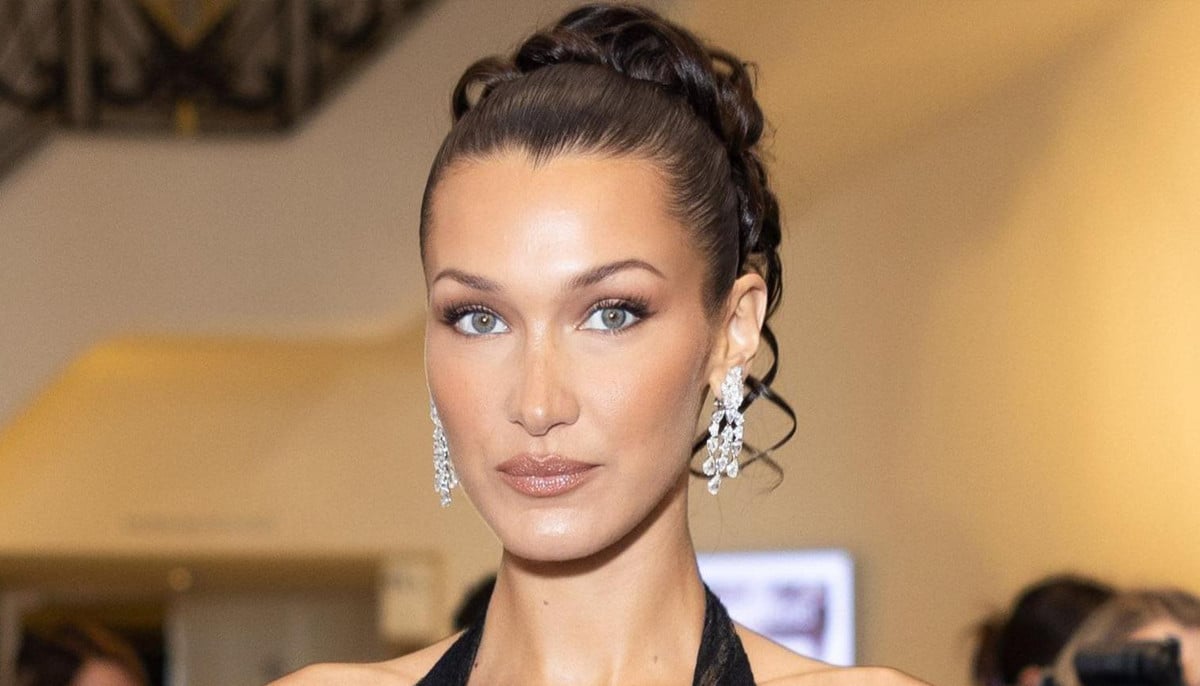Workout plan for Ramadan
It is important to have a proper Ramadan workout plan and not neglect physical activity during this month
Ramadan is the ninth month of the Islamic calendar, and it is observed worldwide as not just a month of fasting and prayer but also self-reflection. While we abstain from food and water during this month, this does not mean that physical activity should be neglected. Therefore, a Ramadan workout plan is crucial.
In fact, exercising during Ramadan may help maintain a healthy lifestyle and improve overall well-being, if the diet is taken care of as well. It could also end up building a habit.
Importance of exercising during Ramadan
The benefits of exercising during Ramadan include:
- Maintaining physical fitness and strength
- Improving mental health and reducing stress
- Helping with weight management
- Boosting energy levels during the day
- Maintaining a healthy metabolism and digestive system
However, it is essential to plan your workout routine carefully to make sure that you are not overexerting yourself during the fasting period and not burning more calories than you are taking in.
Tips for a successful workout plan in Ramadan
Following are some tips to help you plan a successful workout routine during Ramadan:
Time your workout correctly: It is best to schedule your workout sessions either before breaking the fast (Iftar) or before beginning the fast i.e. before Sehri. Exercising during the middle of the day, when the heat is at its peak, should be avoided to prevent dehydration and other complications.
Low-intensity exercises: It is vital to choose low-intensity exercises such as yoga, Pilates, and brisk walking during Ramadan. These exercises are less strenuous and will help maintain your energy levels throughout the day without the possibility of injuring your muscles.
Stay hydrated: It is crucial to drink plenty of water between Iftar and Suhoor to avoid dehydration during exercise, and even generally. Water and other hydrating drinks such as coconut water and lemon water should be consumed regularly.
Listen to your body: It is essential to adjust your workout routine according to what your body feels. If you feel tired or weak, take a break and rest.
Don't overeat: It is possible and even common to overeat during Suhoor and Iftar, which can make you feel sluggish and uncomfortable during exercise. It is important to eat healthy, balanced meals and avoid overeating.
-
Jelly Roll explains living with 'severe depression'
-
Charli XCX reveals ‘confusing’ toll ‘Brat’ popularity took on her
-
Margot Robbie opens up about imposter syndrome ‘crisis’
-
Hailey Bieber reveals how having ovarian cysts is 'never fun'
-
Sir Elton John details struggle with loss of vision: 'I can't see'
-
What we know about Chris Cornell's final hours
-
5 famous celebrities who beat cancer
-
Oprah Winfrey talks about weight-loss 'tool to manage' health












